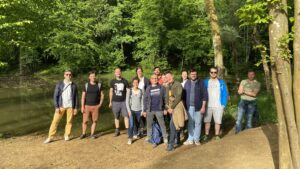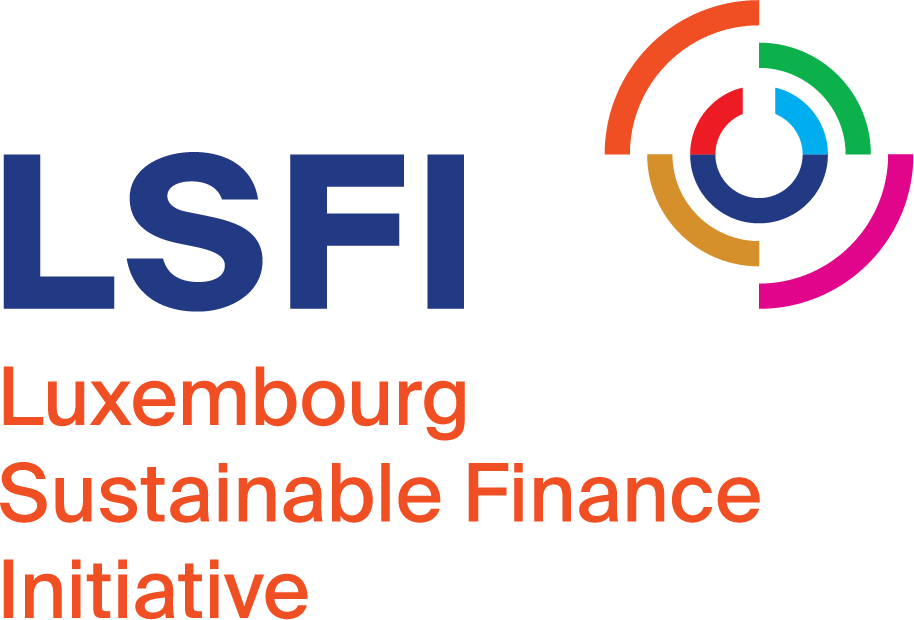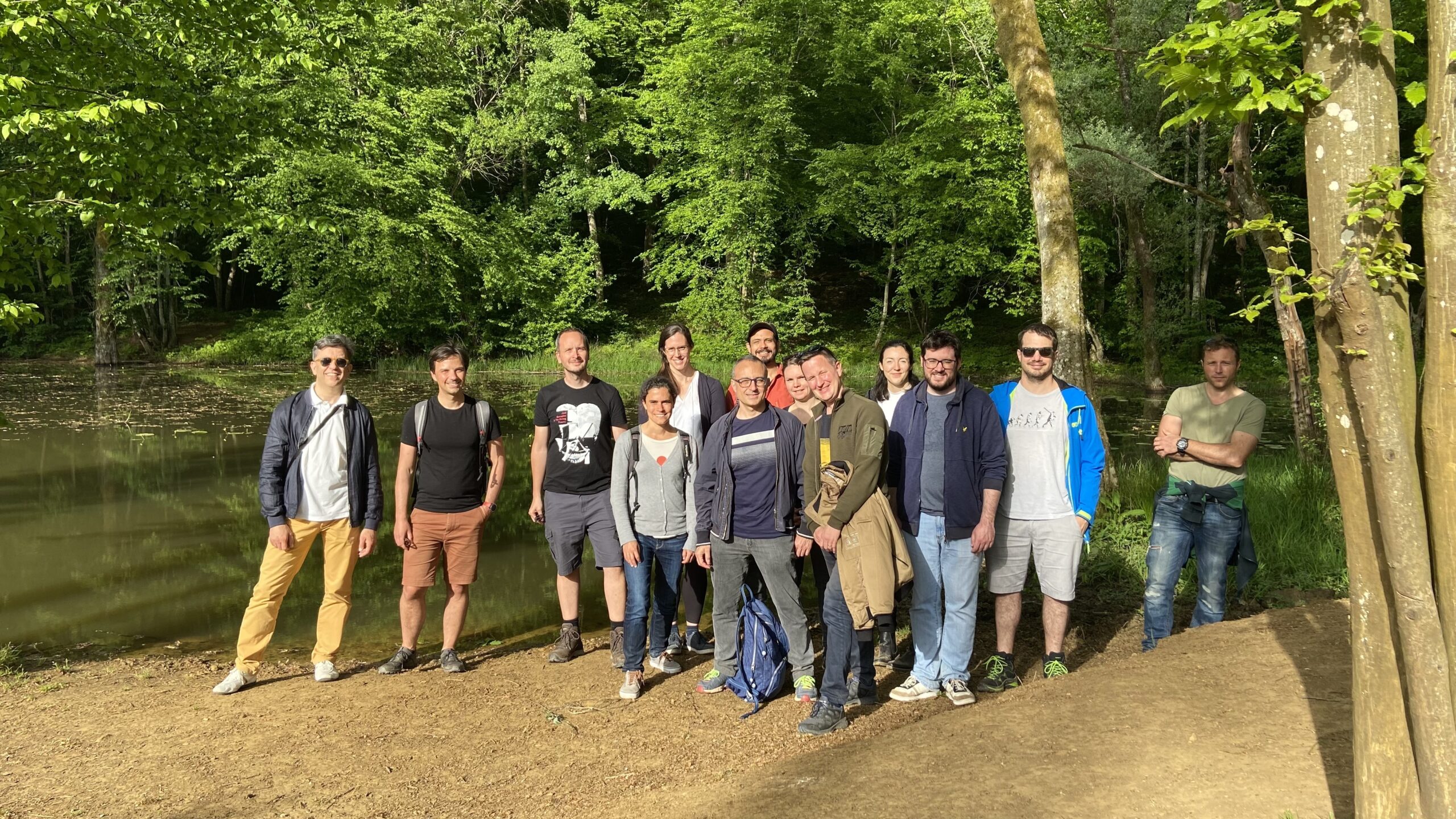Sustainable finance is a cross-cutting and multidisciplinary topic involving legal and finance experts, but also researchers and scientists.
In particular, the scientific community and bodies play a pivotal role in the transition towards sustainability; not only they provide scientific evidence and practical solutions, but they also deliver innovative tools and methods needed to assess sustainability and tackle some of the most pressing issues associated to sustainable finance such as greenwashing or the data challenge.
This month, we have interviewed Enrico Benetto, Head of the Life Cycle Sustainability Analysis Group (LCSA) at the Luxembourg Institute of Science and Technology (LIST). We discussed what are the latest projects being developed by the LIST and where the scientific community should focus going forward to help the financial sector and our economy transition.
Luxembourg Sustainable Finance Initiative: You head the Life Cycle Sustainability Analysis Group at the LIST. Could you please outline the main projects you are currently developing? Are there any specifically liked to Sustainable Finance?

Enrico Benetto, Head of Life Cycle Sustainability Analysis Group at the LIST
Enrico Benetto: Our Unit works on the science-based quantification of the environmental impacts and risks associated with products, technologies and territories using life-cycle based metrics. These assessments are essential to monitor progress towards climate targets and eventually to ensure that technological innovations and circular economy factually contribute to the sustainability and energy transition and are not simply displacing environmental problems or shifting responsibility to future generations. To this aim, we run a large portfolio of research and innovation projects, among others, on renewable energy solutions, sustainable construction and materials, electro-mobility, green chemistry and sustainability-by-design. We are also working on the life cycle assessment of sustainable funds and bonds in the REFUND project, co-funded by the National Research Fund Luxembourg.
Can Life Cycle Assessment[1] projects such as REFUND help face issues associated with sustainable finance like greenwashing or the difficulty of assessing real impact? How?
Yes, in my opinion, science-based assessment using life cycle metrics provides at least three major advantages when it comes to avoid greenwashing and assess the real impact of financial instruments. First, transparency: these approaches are based on databases which have been developed and successfully applied to a broad range of industries over the last 20 years. Second, the metrics go beyond climate change and rely on scientific models of the cause-effect chains linking the activities fostered by investments with environmental indicators reflecting protection targets (e.g. natural ecosystems). Third, these approaches allow the assessment of scope 3 emissions[2] and related impacts (i.e. of indirect emissions arising from the value chain which is supporting the funded activities). This sheds some light on the far-reaching consequences of investment decisions.
Following the uprise of sustainable finance, investors are looking for ways to measure the non-financial performance of investment portfolios. Out of the different existent methods (e.g., ESG Ratings or Open-source & Science-Based methods), which ones would you recommend and which ones wouldn’t you?
I would definitively recommend science-based methods for the reasons detailed above. However, we must remember that also these ones have their own limitations. In particular, the comprehensiveness and transparency of the assessments come at the cost of lack of specificity, in particular for scope 3 emissions which reflect rather average sectorial conditions and not specific value chains. We are working to measure and reduce the lack of accuracy and comprehensively evaluate the trade-offs.
Going forward, what is the role of scientific research bodies in the transition towards sustainable finance and, in your opinion, where should this community focus at the moment?
The scientific community should play an important role in educating the finance system on climate and sustainability science fundamentals to improve the understanding of the challenges and implications of science-based ESG metrics. This would facilitate the development and implementation of practical assessment approaches and methods adapted to the finance system. The scientific community should also work with the finance system to facilitate the production and sharing of materiality data, which are at the very essence of robust assessments. To this aim, we are currently investigating the potential of information technologies, e.g. natural language processing, and artificial intelligence.
Are innovative solutions to fight climate change and achieve Paris Agreement objectives already present, or does work still have to be done in that respect? Once researchers find the right solutions, what are the steps to ensure that these solutions are applied and practical?
A large portfolio of technological solutions to support the achievement of Paris agreement objectives, encompassing all the sectors and all the aspects of our daily life, do already exist indeed. In many cases, these solutions can replace obsolete and carbon intensive technologies, at a fair economic cost, and provide an incremental progress towards the 2050 targets. However, when we look at the challenge our society is facing (for the case of Luxembourg, 90% cut of CO2 eq. emissions per capita to comply with 2050 targets), technological innovation is definitively only part of the answer. Systemic behavioural changes are needed towards more sober and responsible life patterns. The real question to be addressed is, in my opinion, how to combine the deployment of technological innovation and the triggering of responsible behavioural change. This combination, which is also a research question, shall be at the core of policy making for the next two decades and be adapted for different segments of society to ensure social cohesion and development.
Sustainable finance is a cross-cutting and multidisciplinary topic involving legal and finance experts, but also researchers and scientists. How do you interact with the different players?
We interact in different ways. Representatives from the financial sectors are part of the advisory committees of our research projects, thereby providing useful input from the field which helps us to develop methods and metrics which are addressing the right questions and are practical. We are also organizing several types of events to disseminate our results and collect feedback, e.g. we regularly organize webinars and sessions at the Luxflag Sustainable Finance Week. Finally, we are open to meet the player to discuss collaboration opportunities.

Members of the LCSA research group
—Notes:
[1] Life cycle assessment (LCA) is a method, standardised by the ISO 14040 series, for evaluating the negative and positive effects that a product or technology has on the environment over the entire period of its life thereby increasing resource-use efficiency and decreasing liabilities. LCA’s key elements are: (1) identify and quantify the environmental loads involved; e.g. the energy and raw materials consumed, the emissions and wastes generated; (2) evaluate the potential environmental impacts of these loads; and (3) assess the options available for reducing these environmental impacts. (Source: European Environment Agency)
[2] Scope 3 emissions are the result of activities from assets not owned or controlled by the reporting organization, but that the organization indirectly impacts in its value chain. Scope 3 emissions include all sources not within an organization’s scope 1 and 2 boundary. The scope 3 emissions for one organization are the scope 1 and 2 emissions of another organization. Scope 3 emissions, also referred to as value chain emissions, often represent the majority of an organization’s total GHG emissions. (Source: United States Environmental Protection Agency)





